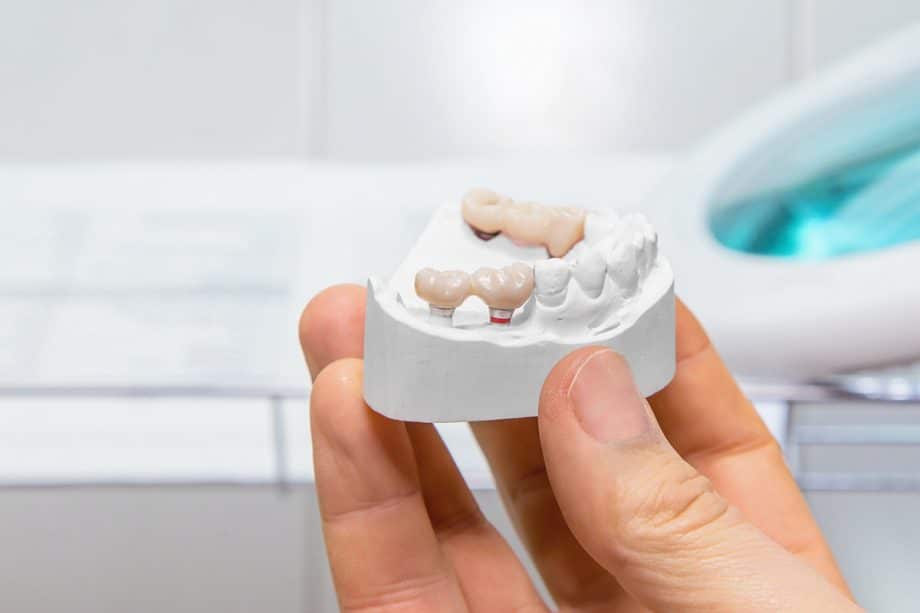Sometimes, the best thing to do for a severely decayed or damaged tooth is remove it. Once you have a tooth removed, you’ll need to replace it to keep the remaining teeth and your gums healthy.
A dental bridge can replace missing teeth. Some types of bridges are removable, while others are fixed and meant to remain in the mouth at all times. Whether you opt for a removable or fixed bridge, you can rest assured that it will have a long life, as long as you care for it properly.
Lifespan of a Dental Bridge
Dental bridges have an average lifespan of ten years, but some can last for much longer. Others might only last for five or so years.
How long a dental bridge lasts depends on a variety of factors, including the health of your teeth and gums and the quality of the bridge itself.
What Causes Dental Bridges to Fail
A dental bridge can fail and need a replacement for many reasons. One common reason for bridge failure is decay or damage to the teeth on either side of the bridge. Those teeth, known as abutment teeth, might have severe decay or root damage. If your dentist needs to remove the abutment teeth, they’ll have to remove the entire bridge.
Your diet and habits can also cause a bridge to fail. For example, if you chew on objects, such as pens, you can damage or crack the bridge. Eating certain foods, such as sticky caramels or hard candies, can also damage the bridge.
You might need to replace a dental bridge if you have an accident that damages it. For example, if you get hit in the mouth area, the bridge can crack or break.
The quality of the bridge could contribute to its failure. For example, it’s possible for the cement used to hold the bridge in place to weaken or wear away over time. Some materials used to make a dental are more likely to crack or break than others, too.
Your oral hygiene habits also affect the lifespan of your dental bridge. If you don’t keep up with regular brushing and flossing, the abutment teeth can decay. Food pieces and plaque can also build up on the gum line under the bridge, causing irritation and shortening the bridge’s life.
How to Prolong the Life of a Dental Bridge
While 10 years is the average lifespan of a dental bridge, some last for much longer. People with long-lasting dental bridges usually adopt certain habits to extend the life of their bridges.
Getting in the habit of brushing and flossing daily is critical to ensure your bridge lasts for as long as possible. Since you want to keep food from getting stuck in or around the bridge, it’s a good idea to a toothbrush with an angled head, which can reach into tricky spots. You might also want to use an interdental cleaner to make it easier to get between the teeth around the bridge.
Pay attention to what you eat, too. Chewy foods can speed up the decline of a dental bridge, as can sticky foods.
Regular dental check-ups also help to keep your bridge intact for as long as possible. Your dentist will inspect the bridge, clean it and let you know if it’s time to replace it.
Call 212-787-4860 or contact us to schedule an appointment. We look forward to helping you transform your smile.

